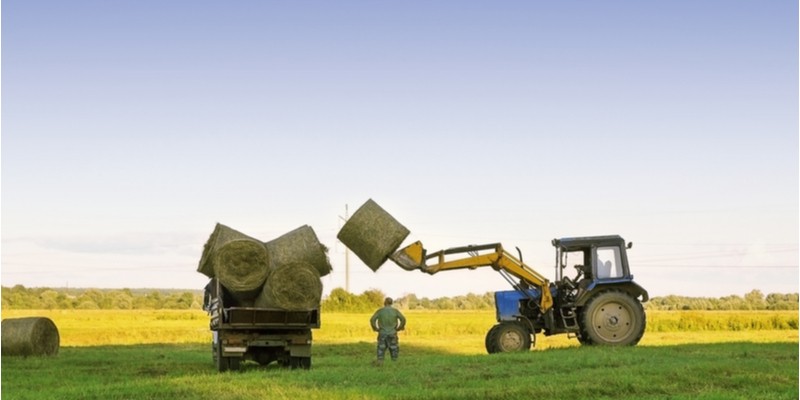
The UK/Australia trade deal ‘agreement in principle’ was announced on 15th June and whilst the final agreement is yet to be signed, there are some clear challenges and benefits that could arise for farmers and communities in the South West. Trade agreements cover not only the movement of goods and services, but also can amend rules on how people can work in both countries. These opportunities will be extended to people under 35. This may provide UK farmers, who are finding it difficult to fill agricultural management posts, access to the skills and knowledge of Australian workers and vice versa for UK workers to go out to Australia too where the Working Holiday Visa will be expanded beyond agriculture to other sectors. Like the UK, the Australian agricultural sector is in desperate need of labour.
Tariffs have been eliminated on the UK’s premium exports to Australia and on wine and rice imports into the UK. The proposed rules for the importation of commodities including beef, lamb, sugar and dairy products have received much attention. The agreement outlines a transition period with an incremental rise over ten years in the amount of product that can be exported to the UK from Australia before tariffs apply. Using beef as an example, the starting point is 35,000 tonnes a year increasing over the next 10 years to 110,000 tons that would be tariff free. Some products will become tariff-free in five years while others will need to wait as long as 15 years. The transition period will be helpful in allowing both UK and Australian supply chains adapt to the changes brought about by this significant trade deal.
There are many countries around the world that produce livestock to one ‘standard’ for the domestic market and then to higher or lower quality standards for the export market. This applies to Thai and Brazilian chicken and to Brazilian beef that is consumed by most people every day in the UK. The Australian or a future US deal is on the same basis. Who sets the standards for what we buy in-store, on-line or in the restaurant?
Consumers can rest assured that national food safety regulations ensure that only safe food is sold in the UK and Australia. Further down the supply chain, retailers and food service businesses set the standards for livestock products in our supply chain. Based on what they perceive the customer wants, they define certain welfare, environmental, food safety and quality standards too. The standards can often exceed a UK legal baseline and there are procedures and protocols in place to ensure both UK and imported food meet the standards. Australia has a clear focus on the high standards demanded for their exports. We already see enviable adoption of digital traceability systems in Australia, what they call ‘paddock to store tracking’ and this is increasing in the UK too. Few of the UK grading standards focus on eating quality. This is not the case in the US or Australia. In both countries, they have specific high level standards that focus on eating quality i.e. tenderness is assured. This trade deal may be the catalyst in the UK to focus not only on sustainability in our supply chain standards put on promoting consistent eating quality too.
About the authors
Professor Louise Manning is Professor of Agri-food and Supply Chain Security, and Director of Knowledge, Exchange, Royal Agricultural University, Cirencester, UK. Dr Elizabeth Jackson is a Senior Lecturer in Supply Chain Management and Logistics, Curtin University, Perth. She is on the board of Sheep Producers Australia, is a member of Western Australian Farmers' Federation Livestock Council and is a visiting scholar at the Royal Veterinary College (UK).
- Log in to post comments


